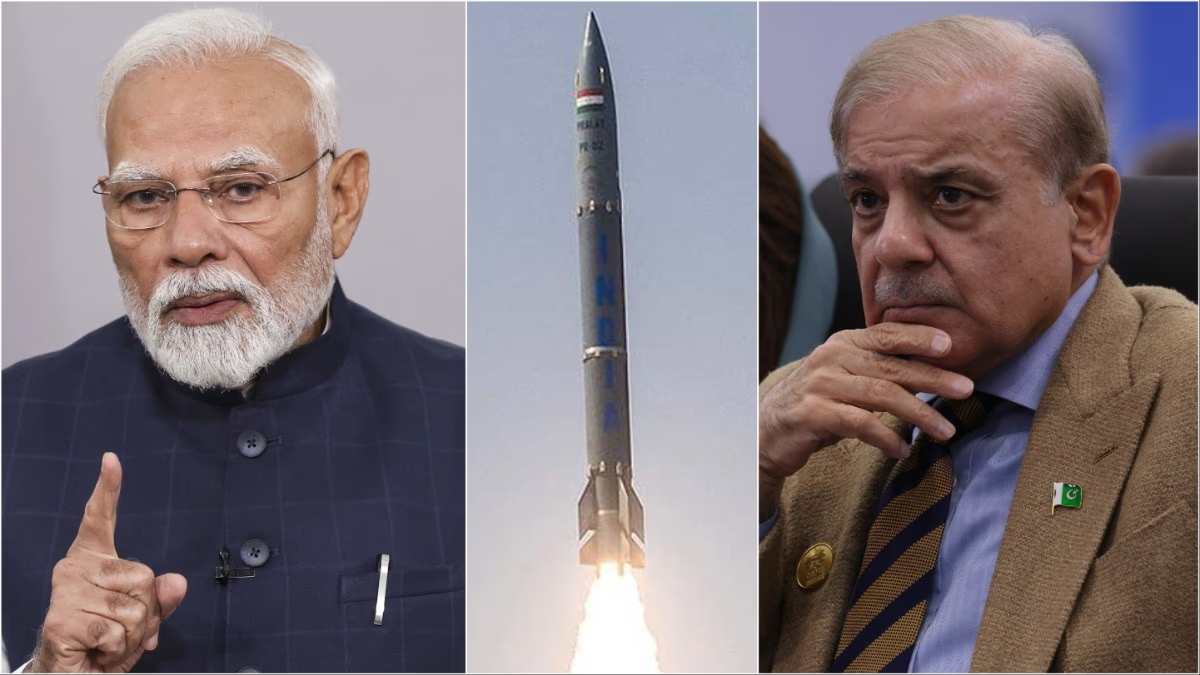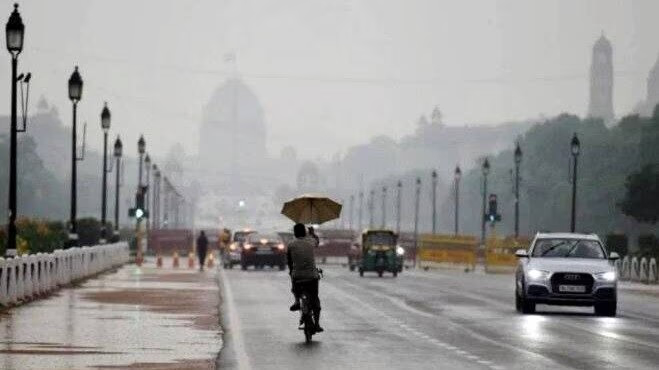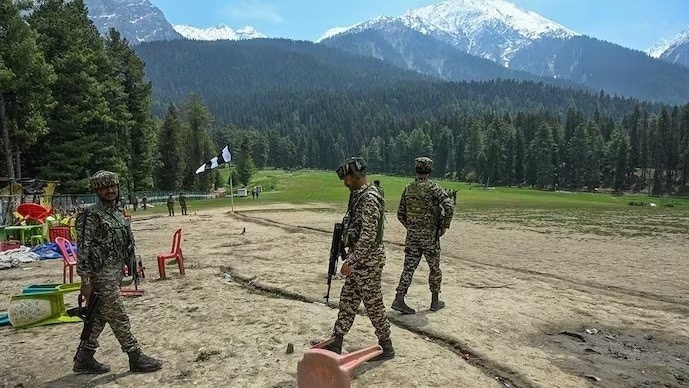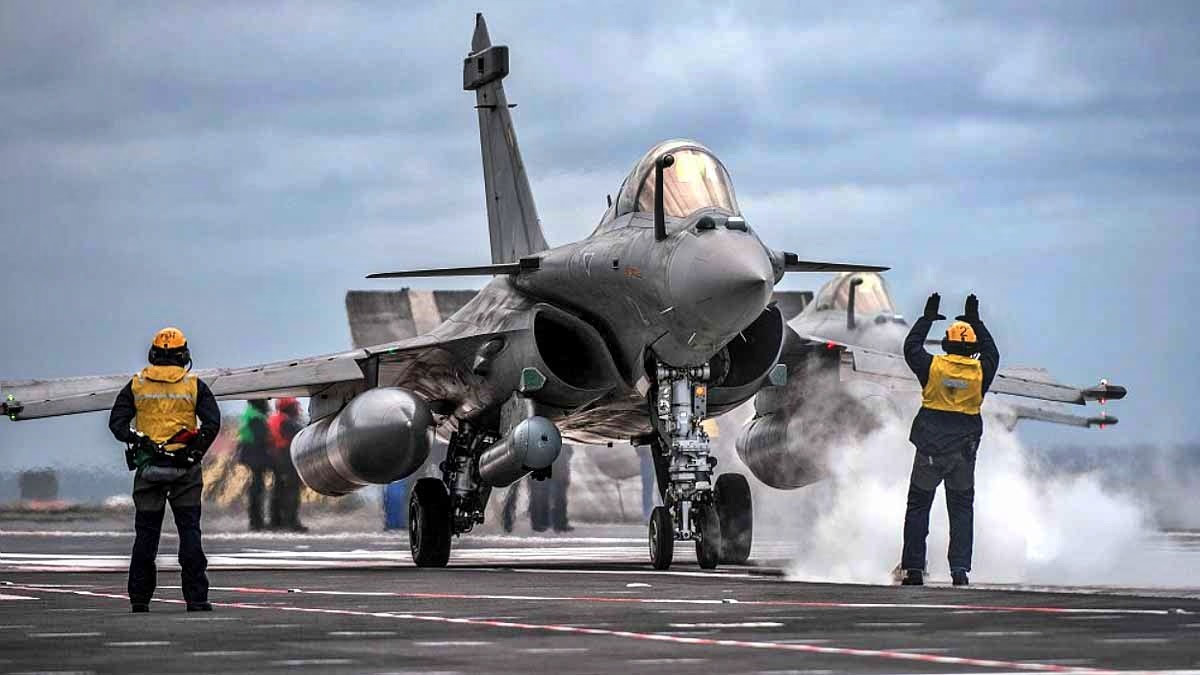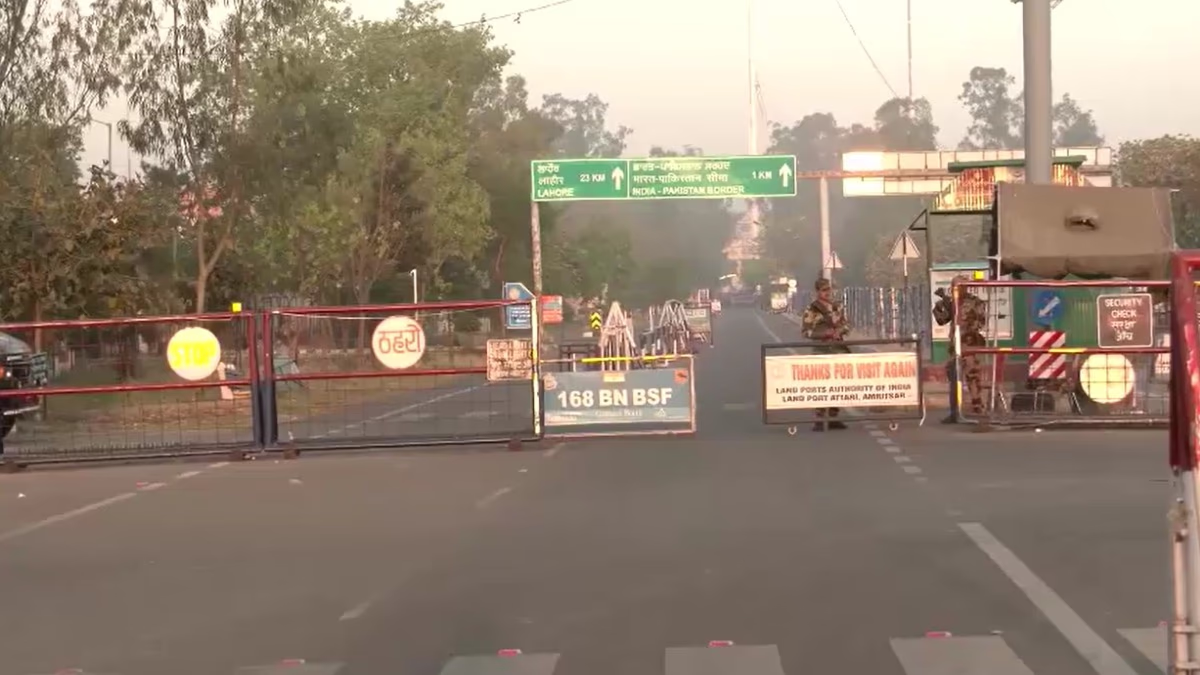Pakistan's threats of weaponry, talks of bloodshed, and cries for support from allies prove futile. Limited backing from China and Turkey; neutrality from nations like Iran and Saudi Arabia yields diplomatic isolation for Pakistan. Turning to America seems essential, for Pakistan knows it can't sustain a military confrontation with India.
India, on the other hand, adopts a robust stance on military and diplomatic fronts. Following the Pahalgam attack, focus intensifies on decisive actions against terrorism and maintaining regional stability. The international community, notably the U.S., could mediate tensions, though Pakistan must reassess policies supporting terrorism.
Also Read: Regardless of Pakistani Radars, Two Indian Missiles Are Enough to Destroy... Rudram-1 and Kh-31P
Pahalgam Attack and Rising Tensions
On April 22, 2025, Pakistani terrorists killed 26 tourists in the Baisaran Valley, Pahalgam, Jammu & Kashmir. India responded with stern diplomatic and strategic measures, suspending the 1960 Indus Water Treaty, closing the Attari checkpoint, and halting visa services for Pakistani citizens.
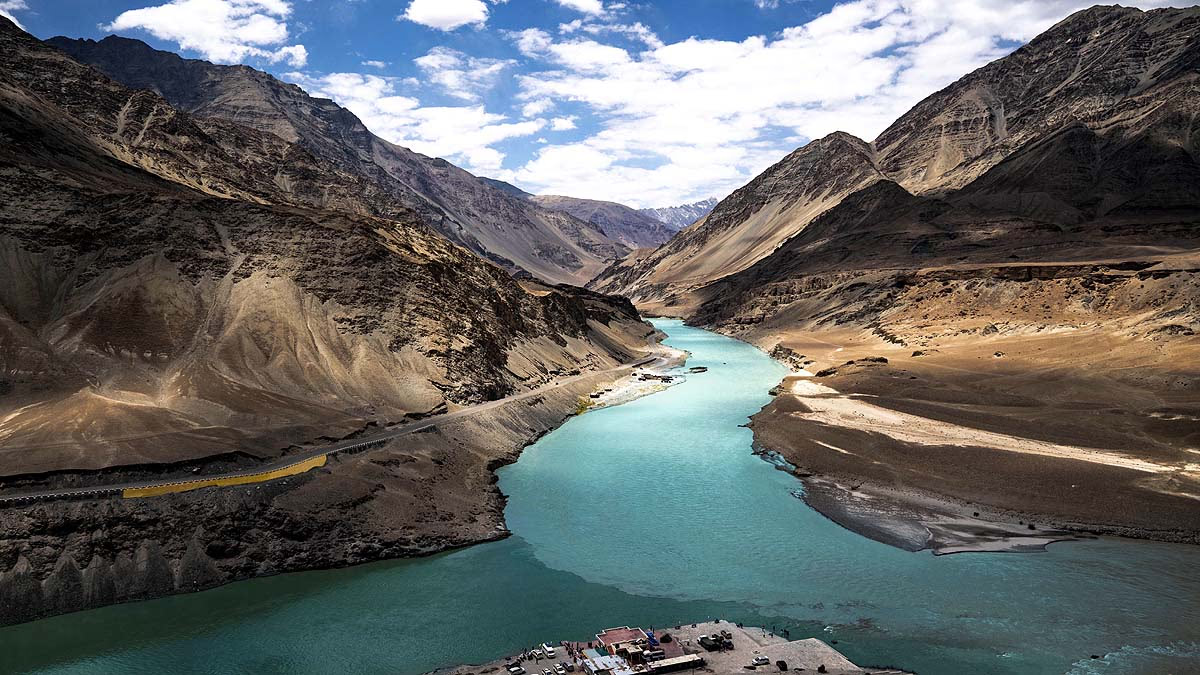
Source: aajtak
In response to being called acts of war, Pakistan suspended the Shimla Agreement, closed airspace to Indian flights, and threatened nuclear action. Provocative statements from Pakistani leaders like Railways Minister Hanif Abbasi and former Foreign Minister Bilawal Bhutto mention various missiles and nuclear capabilities.
Pakistan's Threats and Strategies
1. Saber-Rattling
Pakistan tries showcasing its missile and nuclear prowess to India. Railways Minister Hanif Abbasi claims Pakistan retains the "world's most powerful nuclear bomb" aimed at India. Former diplomat Abdul Basit states if India seeks control over Gilgit-Baltistan or PoK, tactical nuclear weapons might be used.
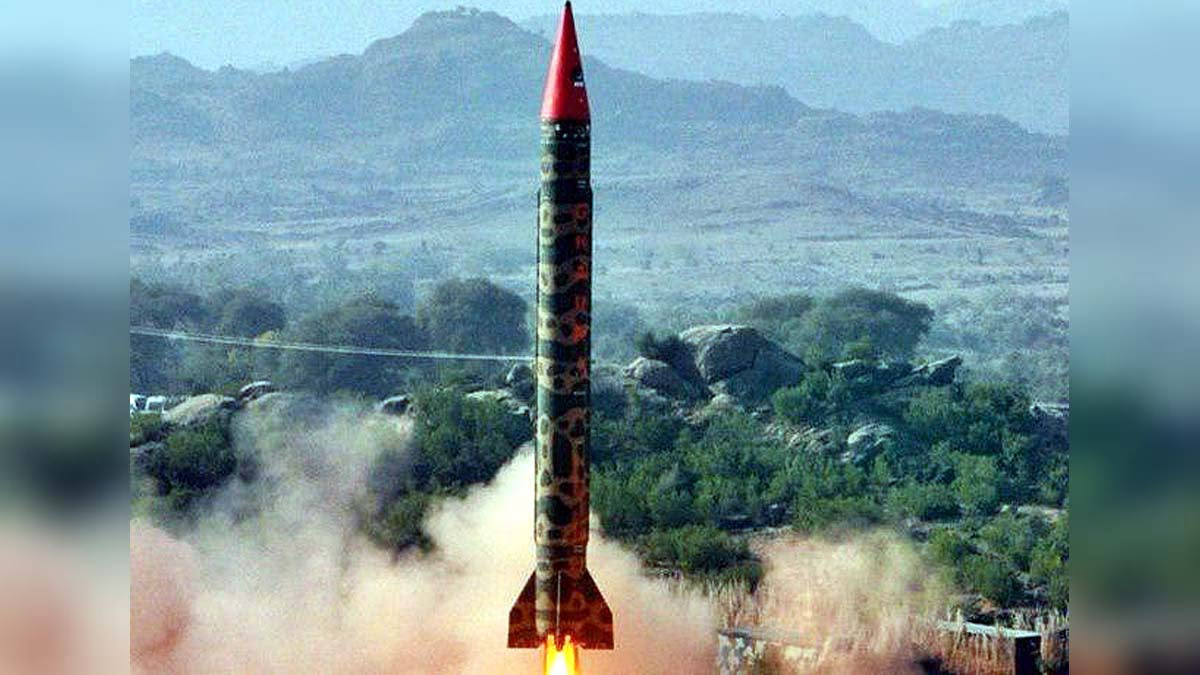
Source: aajtak
Defense experts view these warnings as largely propaganda meant to exert psychological pressure. The 2024 International Institute for Strategic Studies (IISS) reports India's military strength—1.2 million active personnel, 730+ combat aircraft, and a three-tier air defense system—far surpasses Pakistan's.
2. Bloodbath Threats
Pakistani leaders call the suspension of the Indus Water Treaty an act of war. Bilawal Bhutto states if India halts water flow, "Indians' blood will fill the Indus River." A former Pakistani diplomat echoes, "If water doesn't flow, blood certainly will." India responds by warning Pakistan of "heavy costs." Minister Hardeep Singh Puri asserts, it's "just the beginning."
Also Read: Agni, Pralay, Shaurya, BrahMos... India's Five Missiles Capable of Devastating Pakistan's Major Cities in Seconds
3. Cry for Help from China, Iran, and Turkey
China:
Pakistan claims assurance from China on sovereignty and security, reportedly receiving PL-15 missiles for JF-17 fighter jets. However, post-Galwan 2020 incident and geopolitical complexities, India's former Commander Lieutenant General (Retd.) UBS Kalita suggests direct Chinese involvement remains unlikely.
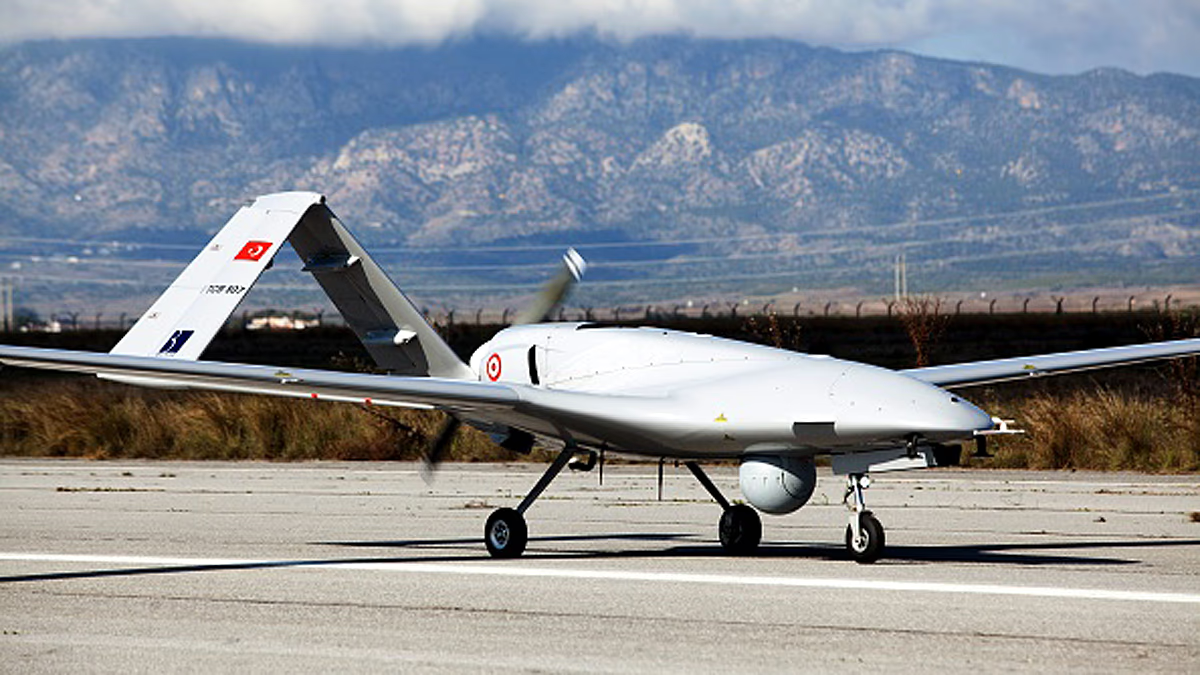
Source: aajtak
Turkey:
Allegedly supplying Pakistan arms, including military transport aircraft and drones like Bayraktar TB2, which Turkey later denies, clarifying a plane only stopped for refueling in Pakistan. India's disappointment is palpable, given aid to Turkey during the 2023 earthquake.
Iran:
Iran adopts a neutral stance, offering to mediate between India and Pakistan, disappointing Pakistan expecting support under Islamic solidarity.
Azerbaijan:
Pakistan claims Azerbaijani support, though suspicions arise given Azerbaijan's arms dealings with India.
Also Read: Despite Boasting About Chinese PL-15 Missiles, India Has Its Counter...
4. Stance of Other Muslim Nations
Expecting support, Pakistan faces disappointment as Saudi Arabia and other Muslim nations adopt neutrality, urging both nations to de-escalate tensions. With no explicit backing from major Muslim countries, Pakistan's diplomatic isolation is evident.
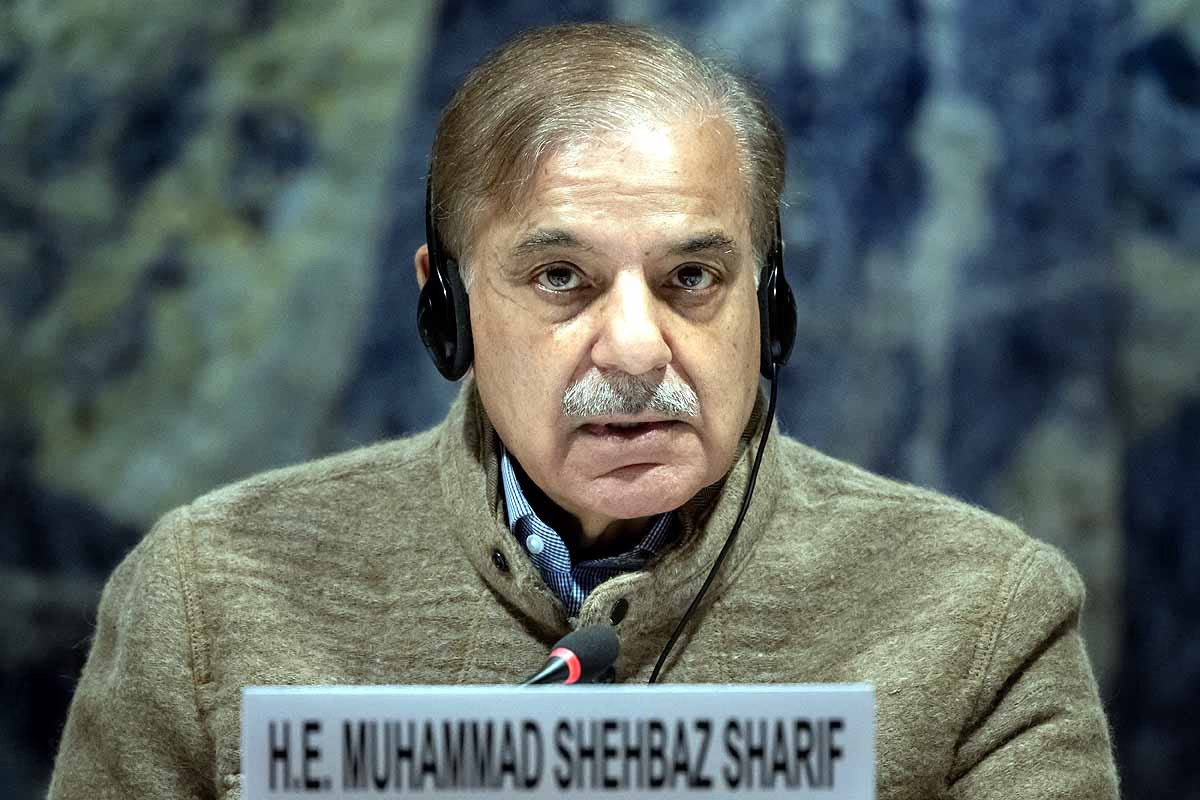
Source: aajtak
Appeal to the U.S.
With threats and hoped-for aid failing, Pakistan appeals to the U.S., with Defense Minister Khawaja Asif's statement seeking support from China and America.
Diplomatic Pressure:
Acknowledging inability to sustain warfare alone against India, Pakistan views U.S. mediation as crucial.
Economic Dependence:
With economic crisis (24% inflation rate, food shortages), Pakistan depends on IMF and U.S. financial assistance.
Also Read: Major Cities Along the Flow of Indus-Jhelum-Chenab Rivers in PAK and Impacts of Water Strike
Military Support:
Although past U.S. military aid to Pakistan dwindles, hope persists for American pressure on India to reduce tensions.
The U.S. retains neutrality. In 2024, U.S. sanctioned Chinese and Belarusian firms aiding Pakistan's missile program, indicating concern over Pakistan's military ambitions. Moreover, robust U.S.-India defense ties—$20 billion arms purchases in five years—dampen Pakistan's hopes.
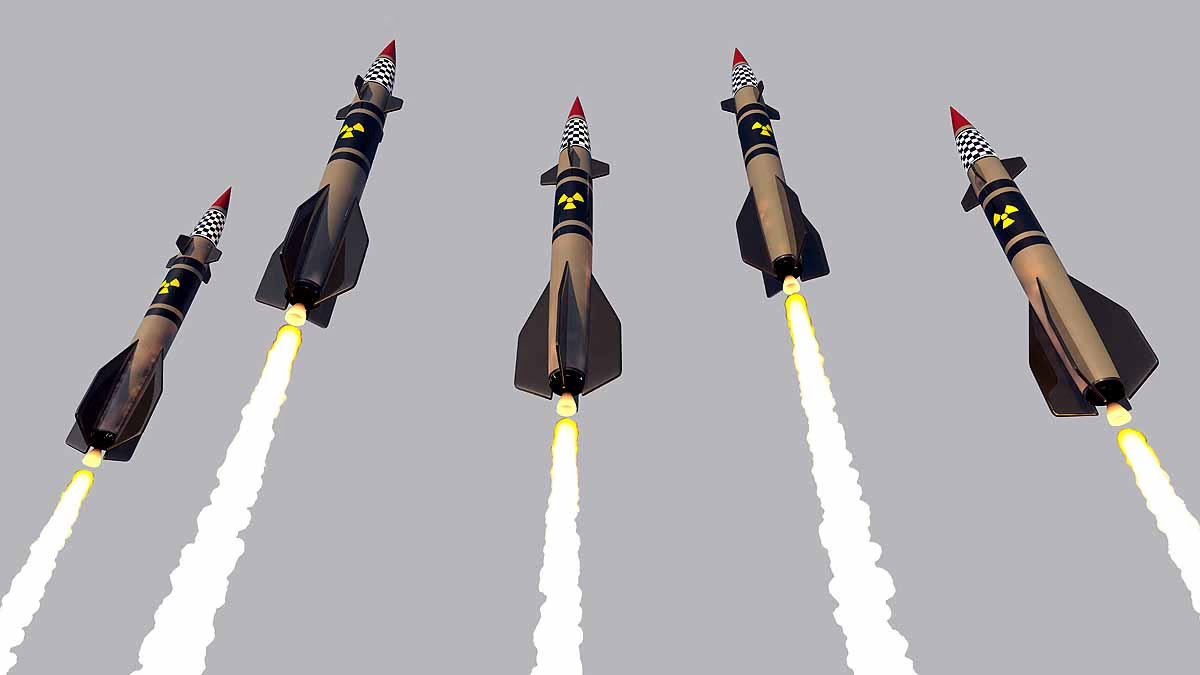
Source: aajtak
Why Pakistan's Strategy Failed?
Diplomatic Isolation:
Expected support from traditional allies fell short. Neutral stances by nations like Iran and Saudi Arabia, coupled with limited, contentious support from Turkey, define Pakistan's diplomatic isolation.
Military Imbalance:
India's military strength and defense budget outmatch Pakistan's. Indian Air Force's modern aircraft—Rafale, Tejas, Su-30 MKI—contrast with Pakistan's limited air defense.
Economic Fragility:
Pakistan's collapsing economy can't sustain prolonged military conflict.
Issue of Terrorism:
Post-Pahalgam attack links to Pakistan harm its international credibility. India pledges to punish responsible terrorists, adding pressure on Pakistan.
India's Position
India treats Pakistan's threats seriously, responding firmly and strategically. Prime Minister Narendra Modi emphasizes finding and punishing hidden terrorists. India deploys an aircraft carrier in the Arabian Sea, posing threats to Pakistan's Gwadar port. It's moving forward with purchasing 26 Rafale-M fighter jets.
Experts maintain that if military conflict erupts, India's strategic and military advantages will be substantial over Pakistan. In recent years, India fortified military preparedness, including stockpiling ammunition for intensive two-week battles.
